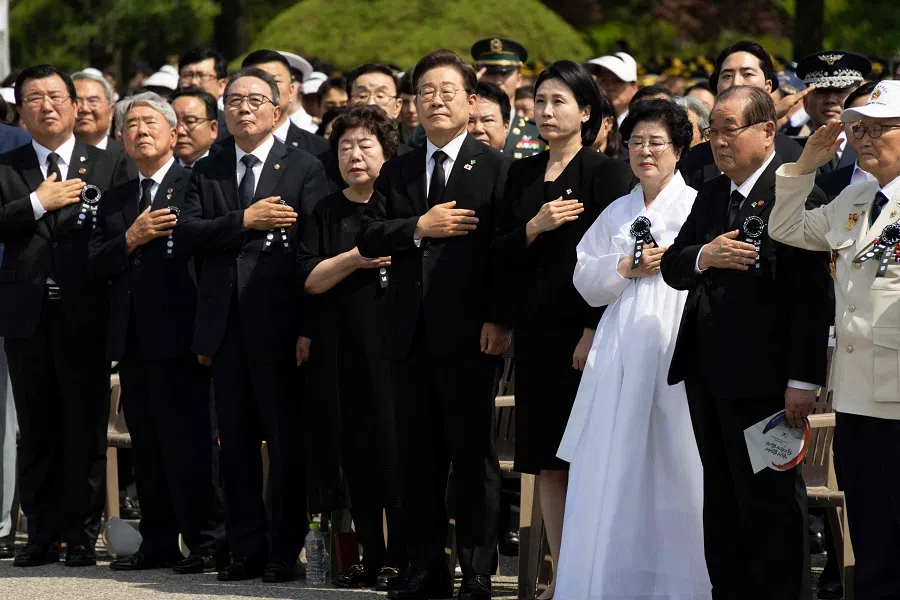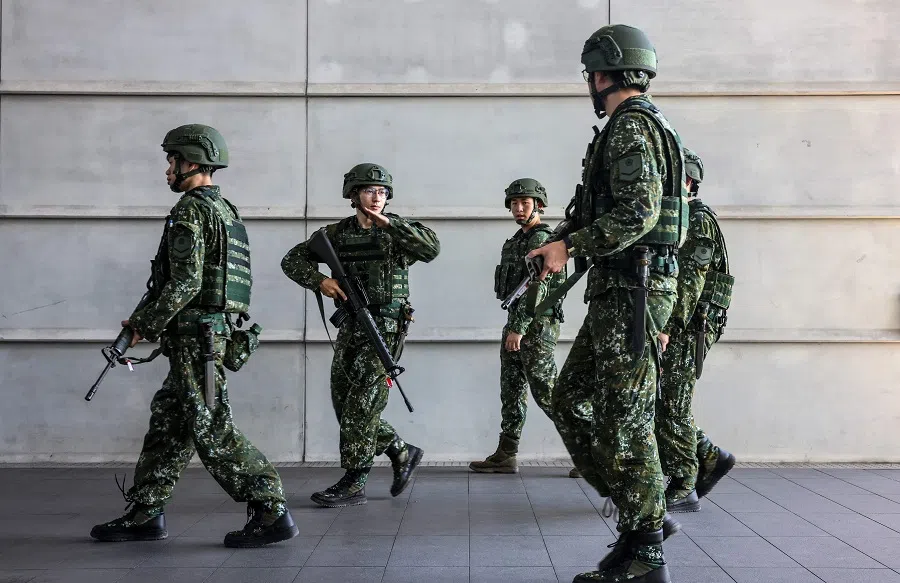The outlook for Korean diplomacy under Lee Jae-myung
With Lee Jae-myung elected as the new South Korean president, he has a host of domestic and international issues to deal with, including how to handle key neighbours like China. Japanese academic Tadashi Kimiya analyses what needs to be done, particularly in terms of diplomacy.

The turmoil in South Korean politics began with President Yoon Suk-yeol’s illegal declaration of emergency martial law on 3 December 2024, which led to his impeachment by the National Assembly on 14 December and the Constitutional Court’s decision to remove him from office on 4 April 2025. The snap presidential election was held on 3 June, resulting in the election of Lee Jae-myung and the Democratic Party of Korea, part of the progressive camp. The Lee administration immediately got started the next day.
The focus of this election was Yoon’s impeachment. While the conservative camp was divided, the progressive camp was united in Lee’s victory; he was well prepared and hoping for a comeback after losing the presidential election three years ago. In contrast, conservative candidate Kim Moon-soo was completely unprepared, the victim of complex internal party dynamics. Taken all together, Lee’s victory was a foregone conclusion.
... the administration shifted from “strategic ambiguity”, which did not force a choice between the US and China, to adopting a “South Korean” Indo-Pacific strategy...
First off, the Lee administration must undertake the arduous task of bringing together the politics and society that have become firmly polarised amid the political turmoil caused by the six-month presidential vacancy. It must also work to restore the lives of those affected. The administration will likely expand domestic demand through active fiscal spending as its trump card. The government’s approval rating immediately after taking office will be determined by the success or failure of these efforts.
Shift in diplomacy
Another point of interest is Lee’s diplomacy. When the progressive Moon Jae-in administration was replaced by the conservative Yoon administration in the presidential election three years ago, South Korean diplomacy underwent a major shift.

The policy toward North Korea shifted from an emphasis on engagement to an emphasis on deterrence. With regard to US-China relations, the administration shifted from “strategic ambiguity”, which did not force a choice between the US and China, to adopting a “South Korean” Indo-Pacific strategy, which prompts more active US involvement by cooperating with like-minded countries, such as Japan and Australia, that share the values of the US alliance and liberal democracy.
... the Lee administration appears to be “inheriting” Yoon’s diplomacy over returning to Moon’s.
The administration has shifted from “ignoring” worsening Japan-South Korea relations over historical issues following a South Korean judicial decision in 2018 on wartime workers, to resolving these issues, in order to strengthen the US-South Korea alliance and institutionalise Japan-US-South Korea security cooperation. However, with the change of administration to a progressive administration again, there is both hope and concern that the foreign policy will return to the way it was.
North Korea
However, the Lee administration appears to be “inheriting” Yoon’s diplomacy over returning to Moon’s. This shift in South Korean diplomacy is believed to be more influenced by changes in the strategic environment surrounding South Korea — such as North Korea’s push for nuclear missile development, the “Two Koreas policy” that no longer considers unification, and the intensifying conflict between the US and China — than by the leaders’ political inclinations.

The Lee administration advocates “pragmatic diplomacy based on national interests”, which effectively means focusing on the Korean peninsula. In other words, it is an attitude of actively engaging in issues surrounding the Korean peninsula, while trying to avoid involvement in issues outside of that region, if doing so would not contribute to the country’s national interests.
The Lee administration is likely to partially revise Yoon’s diplomacy with regard to relations with China and Russia. Officials may avoid using “Indo-Pacific”, a term used in Yoon’s diplomacy, and the administration may distance itself from NATO when it comes to the Russia-Ukraine war. On the Taiwan issue too, the Lee administration may distance itself from Yoon’s diplomacy, which had approached the Taiwan issue as something that affected its own interests.
The Taiwan issue
However, based on the “one China” position that China and Taiwan are one, there are limits to South Korea’s involvement in the Taiwan issue. In other words, whether its administration is conservative or progressive, South Korea does not intend to get directly involved militarily. Japan shares this stance. Nevertheless, to deter China, Japan and South Korea must share an interest in the Taiwan issue with the US. The Lee administration will likely share this interest to a considerable extent. In fact, it should be noted that it was the progressive Moon administration, not the conservative Yoon administration, that first made its interest in the Taiwan issue clear in a joint declaration with the US.

On the other hand, as long as the US-South Korea alliance is the basis, and given the focus on the Korean peninsula, it will be difficult to prevent the US military in Korea from getting involved in a Taiwan crisis, and to refuse logistical support for the US military. Ultimately, this will have to be left to the US’s policy judgement. In that sense, South Korea’s approach to the Taiwan issue will not change significantly with the change of administration from conservative to progressive.
... Japan and South Korea’s diplomatic alignment will be stronger than ever before, as will the need for diplomatic cooperation between the two countries.
As the US-China conflict becomes more acute and structural, Japan and South Korea will continue to be forced to make difficult choices. Caught in the middle, these countries have the US alliance as the cornerstone of their security policy, yet China is their largest trading partner. Furthermore, there is another factor that South Korea has no choice but to expect China to exert some influence over North Korea. In this situation, it is important to note that Japan and South Korea’s diplomatic alignment will be stronger than ever before, as will the need for diplomatic cooperation between the two countries.





![[Big read] When the Arctic opens, what happens to Singapore?](https://cassette.sphdigital.com.sg/image/thinkchina/da65edebca34645c711c55e83e9877109b3c53847ebb1305573974651df1d13a)